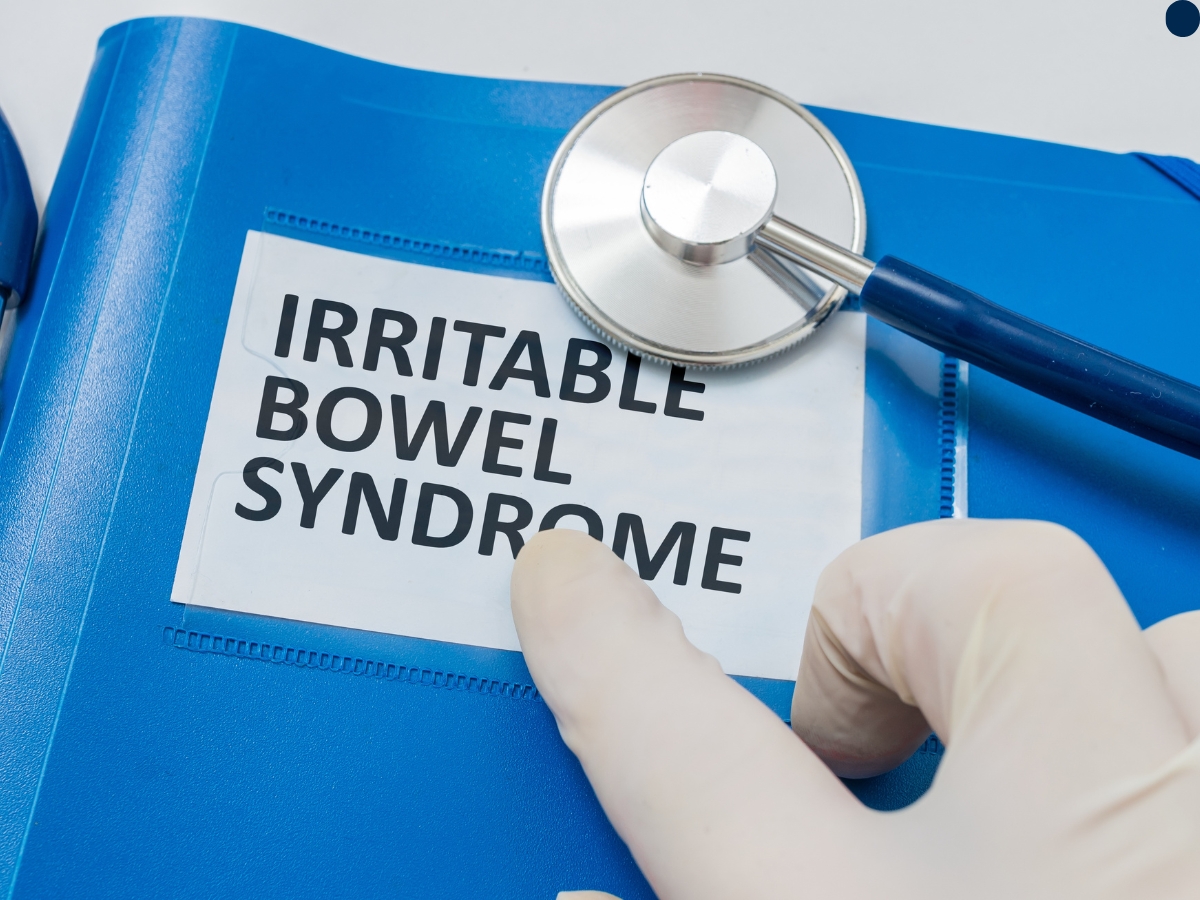If you’ve ever dealt with the rollercoaster that is IBS—bloating, cramping, unpredictable bathroom trips—you know how much it can mess with your daily life. Most people try to manage it through diet or meds, which can help, but what if there’s another piece of the puzzle?
Chiropractic care might not be the first thing that comes to mind for digestion issues, but more and more people are discovering how spinal health can play a surprising role in gut function. So, let’s break down how it all connects—and how it might help you feel more in control.
What Does Your Spine Have to do With Your Gut?
The digestive system relies heavily on proper nervous system function. Your spine houses the nerves that control every aspect of digestion—from food processing to waste elimination. When vertebrae become misaligned, particularly in the thoracic and lumbar regions, they can interfere with the nerve signals traveling to and from your digestive organs.
These spinal misalignments, called subluxations, can disrupt normal digestive processes in several ways. They may alter the motility of your intestines, affect the secretion of digestive enzymes, or disrupt the balance of gut bacteria. For IBS sufferers, these nervous system interferences can exacerbate symptoms like abdominal pain, bloating, constipation, and diarrhea.
Many IBS patients have found that when specific spinal misalignments are corrected, their digestive function improves. This improvement occurs because properly aligned vertebrae allow for unimpeded nerve communication between the brain and digestive system, helping restore normal function.
How Chiropractic Adjustments Affect Digestion
You might not immediately connect your spine to your stomach, but they’re more linked than you’d think. When it comes to managing IBS and other digestive issues, chiropractic care focuses on finding and fixing small misalignments in the spine—especially in areas that influence the nerves connected to your digestive organs.
Here’s how it works in plain terms: Your mid-back (thoracic spine) sends nerve signals to your stomach, liver, and other key digestive organs. Your lower back (lumbar spine) plays a big role in how your intestines function. When there’s pressure or misalignment in these areas, those nerve signals can get scrambled—and this can throw off your digestion.
With gentle, targeted adjustments, chiropractors help restore proper nerve flow. This clearer communication between your brain and gut supports more natural, efficient digestion. Think of it like tuning up your internal wiring so everything runs smoother.
Adjustments can also reduce inflammation, not just in your joints, but throughout the body, including the gut. Since many people with IBS struggle with inflammation in the intestines, this can be a big deal.
Another benefit? Adjustments support better balance in your nervous system. IBS is often tied to stress and an overactive “fight-or-flight” response. Chiropractic care helps shift your body into a more relaxed, “rest-and-digest” mode—which is exactly where you want to be for better gut health.
Discover the Power of Chiropractic Care
Chiropractic care offers a non-invasive, drug-free option for IBS management that works well alongside other treatment approaches. The goal is not to replace conventional IBS treatments, but to address an often-overlooked component of digestive health: the nervous system’s role in proper gut function. By restoring normal nerve communication, chiropractic care helps create the conditions for your body to function as designed.
If you’re struggling with IBS symptoms, consider adding chiropractic care to your management plan. Your Lithia chiropractor is here to help. With the At Last Chiropractic team, we can help you uncover new ways to manage your symptoms and feel better. Book your appointment with us today!






